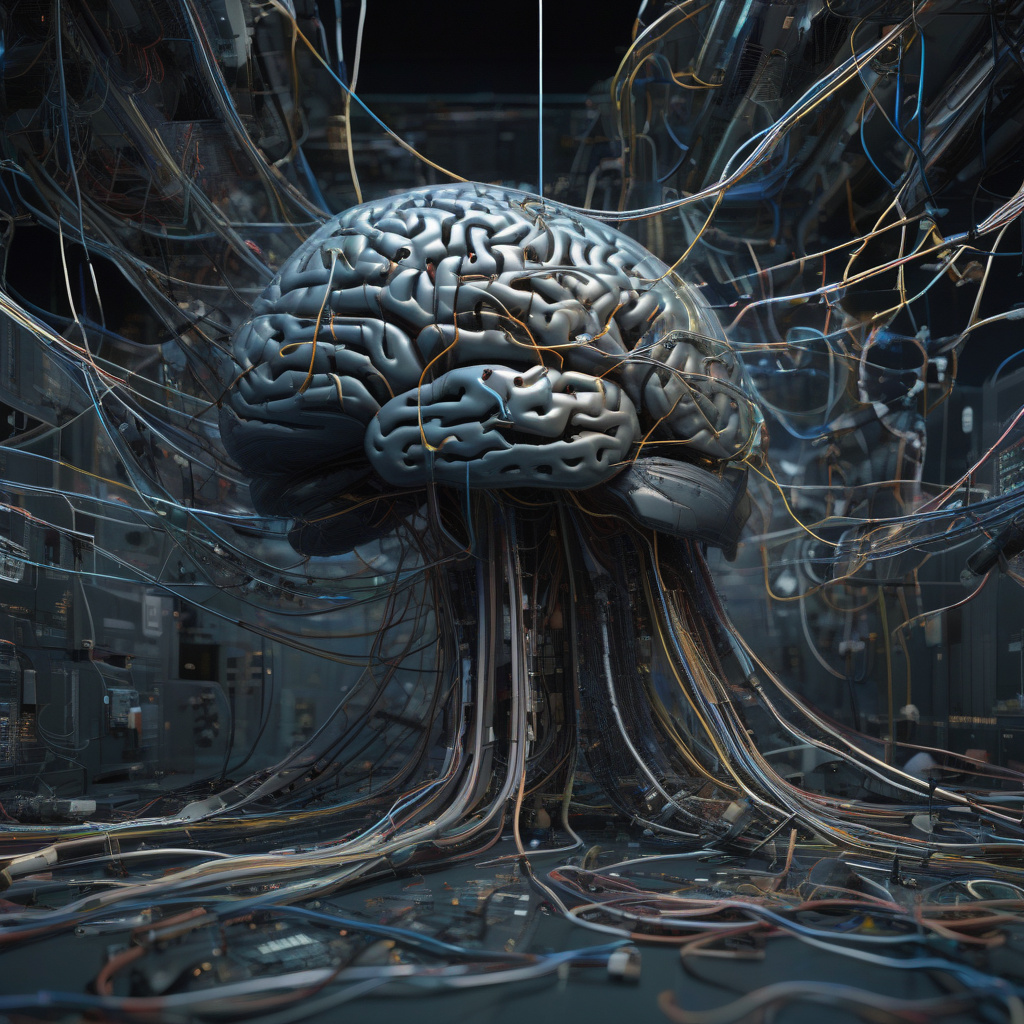ChatGPT and Generative AI: The Double-Edged Sword of Internet Pollution
Generative AI has undoubtedly revolutionized the way we interact with technology, enabling virtual assistants, personalized recommendations, and even creative content generation. Among the myriad of applications, ChatGPT stands out as a popular choice for companies looking to automate customer service, create engaging chatbots, and even generate content at scale. However, recent concerns have been raised by researchers regarding the potential negative impact of such technologies on the internet ecosystem and the AI models themselves.
One of the primary issues highlighted by researchers is the pollution of the internet with low-quality and misleading content generated by ChatGPT and other generative AI models. As these systems are trained on vast amounts of text data from the internet, they can inadvertently learn and replicate biased, inaccurate, or harmful information present online. This phenomenon has the potential to amplify misinformation, spread fake news, and even contribute to online toxicity.
Moreover, the reliance on generative AI for content creation and interaction raises questions about the authenticity and reliability of the information shared online. With AI systems capable of mimicking human language and behavior, distinguishing between genuine human input and AI-generated content becomes increasingly challenging. This blurring of lines can erode trust in online interactions, making it harder for users to discern the credibility of the information they encounter.
Beyond the immediate impact on internet quality, researchers warn of a more profound concern: the potential self-destructive nature of future AI systems. By learning predominantly from the vast but noisy data available on the internet, AI models like ChatGPT may inadvertently internalize and perpetuate inaccuracies, biases, and low-quality content. This “polluted” training data could lead to the degradation of AI performance over time, as models prioritize mimicking existing patterns rather than learning from authentic human knowledge.
The implications of this phenomenon are far-reaching, with experts cautioning that future AI systems could reach a point of collapse, where their outputs become increasingly unreliable and detached from reality. This scenario poses significant challenges for the development and deployment of AI technologies across various sectors, including healthcare, finance, and education, where accuracy and trust are paramount.
To address these concerns, researchers emphasize the importance of reevaluating data sources and training methodologies for AI models. By prioritizing high-quality, diverse, and authentic data sources, developers can reduce the risk of internet pollution and ensure that AI systems learn from reliable information. Additionally, implementing safeguards such as bias detection algorithms, fact-checking mechanisms, and human-AI collaboration frameworks can help mitigate the spread of misinformation and enhance the transparency of AI-generated content.
In conclusion, while generative AI technologies like ChatGPT offer tremendous potential for innovation and efficiency, their widespread adoption raises critical challenges related to internet pollution and AI self-degradation. By acknowledging these risks and proactively addressing them through responsible development practices, the AI community can harness the power of these technologies while safeguarding against their negative consequences. Only by prioritizing the quality and integrity of AI systems can we ensure a future where artificial intelligence serves as a force for good in society.
GenerativeAI, ChatGPT, InternetPollution, AIethics, ResponsibleAI












